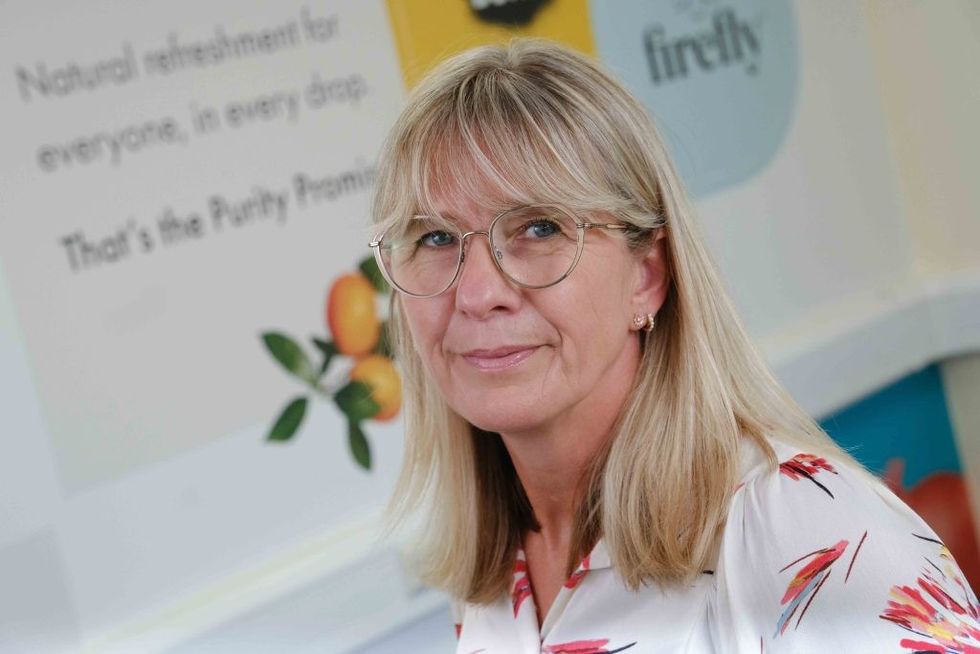Purity Soft Drinks boss, who is also the board member of British Soft Drinks Association, has called on government, suppliers and retailers to work together to successfully implement Deposit Return Scheme (DRS) in 2027.
The government on Thursday (25) confirmed that DRS in the UK will be pushed back to October 2027, subject to agreement from the devolved administrations.
In a written ministerial statement, Robbie Moore MP confirmed that the previously scheduled October 2025 go live date for a deposit return scheme was a ‘stretching target’ and that an October 2027 implementation would be required to ensure that the rollout of schemes was effective and efficient.
Commenting on the government’s DRS delay announcement, Sarah Baldwin, CEO of Purity Soft Drinks and BSDA Board Member, said, “We remain supportive of the government’s commitment to introducing a DRS, and while the delay is disappointing, we also understand the need for a measured approach to timeframes – allowing for appropriate consideration for the significant amount of work the scheme requires.
“More than 40 countries have successfully implemented a DRS, with the best designed seeing return rates of up to 98 per cent as a result. So, we know it can work.
“To avoid any further delays, close communication and consultation is vital. All stakeholders – governments, suppliers and retailers – need to work together to align on the specifics as soon as possible.
"Only then can we press forward with trials and implementation, and start the education piece with consumers.”
Meanwhile, retailers' bodies have welcomed the delay announcement.
Responding to the news, Andrew Opie, Director of Food and Sustainability at the BRC, said, “We welcome the Government’s clarity around the timeline of a future Deposit Return Scheme (DRS). Retailers will need at least 24 months to implement a multi-billion pound DRS scheme, and the government must now engage closely with the industry to ensure all details are fully ironed out ahead of the proposed 2027 start date.
“We are disappointed by the decision by Welsh Government to keep glass in the scheme, adding significant costs and putting it at odds with the systems in England, Scotland and Northern Ireland. It is vital that the DRS scheme is aligned as far as possible across the UK to keep business costs down and maximise the benefit for consumers, while allowing clear messaging across the whole of the UK about how the scheme will function.”
Association of Convenience Stores (ACS) has also welcomed confirmation of the delay.
ACS chief executive James Lowman said, “We welcome this clarification from the Government on the introduction of DRS. It’s essential that the scheme is given every opportunity to succeed, which involves as much alignment as possible between UK nations, the strategic mapping of sustainable return points, and the creation of the Deposit Management Organisation (DMO).
"We will continue to work with our members on how they can engage with the scheme.”







